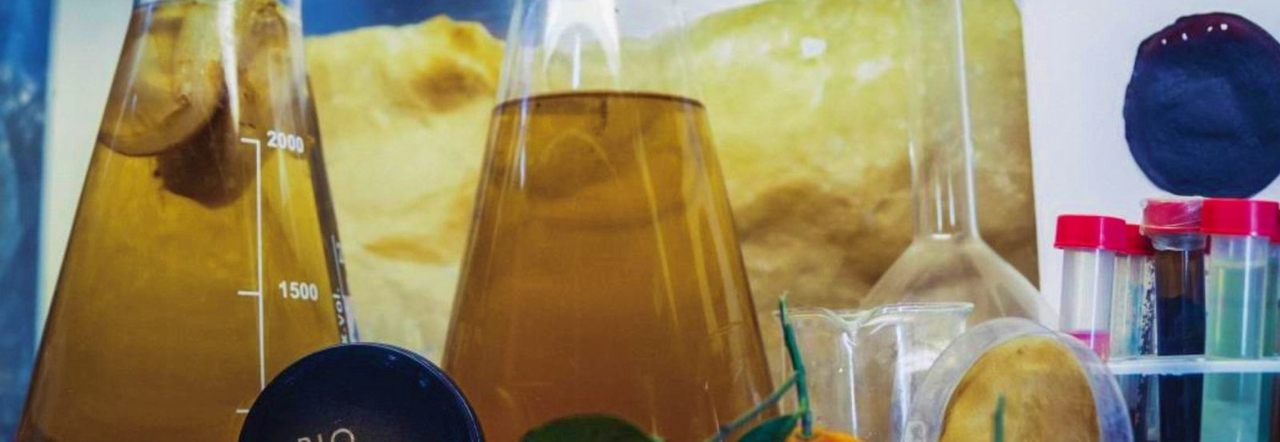Harnessing Kombucha's Nano-Cellulose Biofilm for Future Food Products and Astronaut Nutrition

Wednesday 28 February 2024, 15:03
2 Minutes of Reading
Using the nano-cellulose bacterial biofilm extracted from kombucha - an ancient Chinese fermented tea - to create the food products of the future and new materials, which could even be useful to astronauts: this is the project that the companies based in Naples Knowledge for Business and TecUp have been developing for years in collaboration with the University of Naples Federico II. A path - developed in the Biologic laboratory of Villa Literno - that draws from tradition to project towards the future, for a field that combines innovation, environment, nutrition and that addresses issues such as water recovery and saving, health preservation on earth, and proper nutrition concerning the inhabitants of the planet, but also astronauts living in extreme conditions. 'The bacterial nano-cellulose biofilm is a substance produced during the fermentation process of kombucha, known for its exceptional mechanical and barrier properties. Its ability to form solid and flexible structures makes it a promising material for various applications, including food - explains Concetta Pironti of TecUp - the potential of this biofilm as raw material for the production of a range of food products is unlimited. Even beyond our planet.' The first space missions, in fact, revealed the problem of digestion in microgravity conditions, very different from that on Earth. Since the 1960s, NASA has made an extraordinary effort to develop a special low-calorie diet that could ensure the health of astronauts in space. Hence the use of kombucha, whose beneficial properties were known since the time of the Samurai. 'A product of great interest for space agencies both as a nutritious beverage with food properties, and for the ability of the microorganisms present inside the mixture capable of producing oxygen. This ability would give astronauts the opportunity to use another source of oxygen during their missions,' explains Pironti. A recent study by the European Space Agency (ESA) has also shown that the microorganisms present in kombucha are resistant to the space environment, as they protect themselves from cosmic rays by creating a biofilm and, most likely, would survive a long unprotected journey in space. The experiments conducted on Earth have also demonstrated that the bacteria and yeasts present in kombucha are particularly resistant to different environmental conditions, in fact when they are subjected to difficult conditions for their survival, they are able to protect themselves by creating a protective biofilm. 'The bacteria of kombucha were exposed to the cosmic radiations of space, without protection, for about 18 months and the result was quite interesting: the organisms restore their DNA and cell division even after being damaged by cosmic radiations.'
© ALL RIGHTS RESERVED
This article is automatically translated
This article is automatically translated
